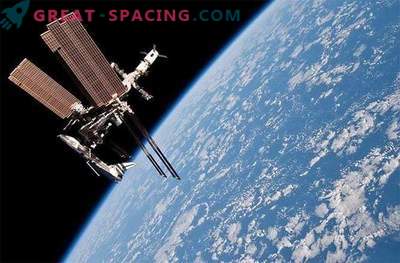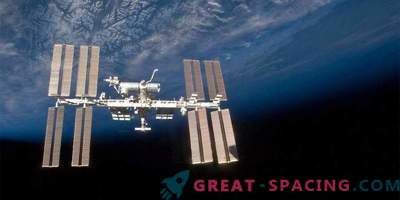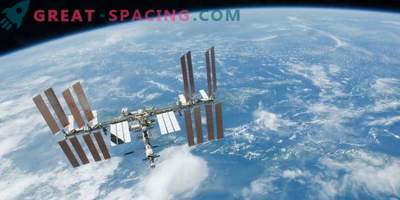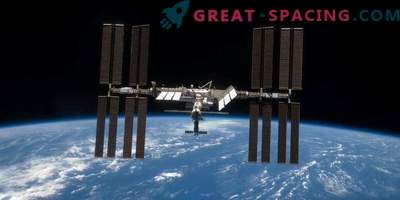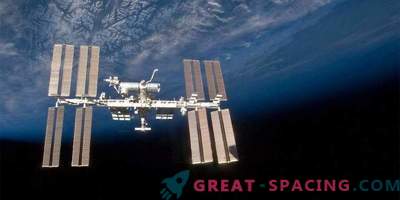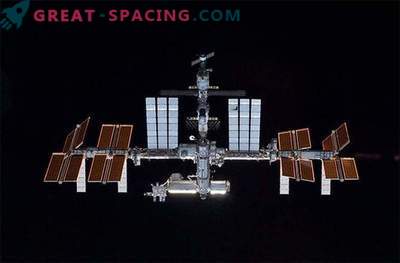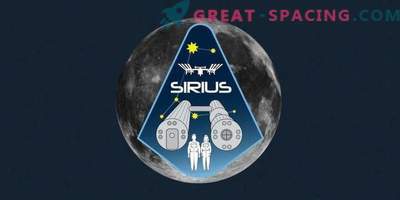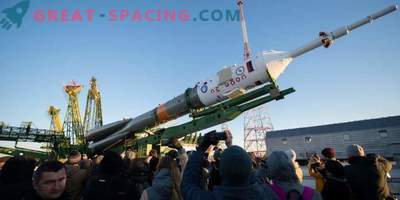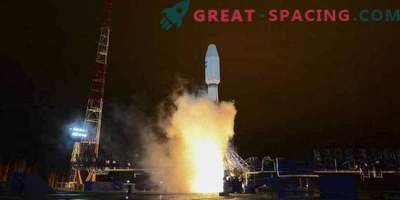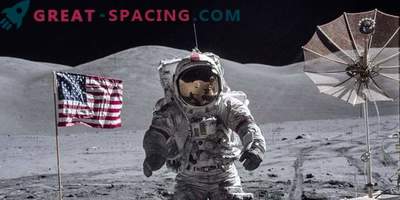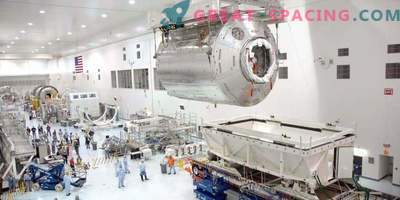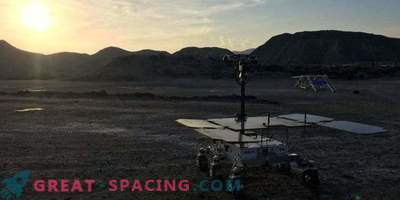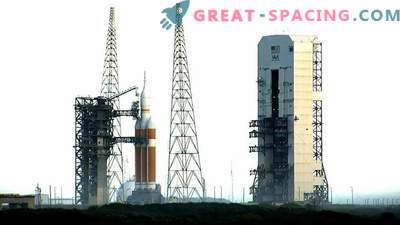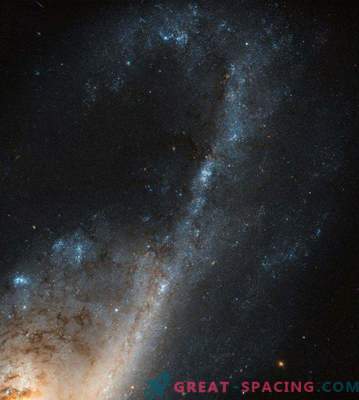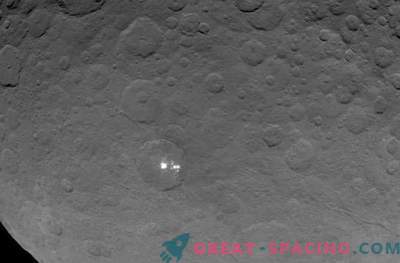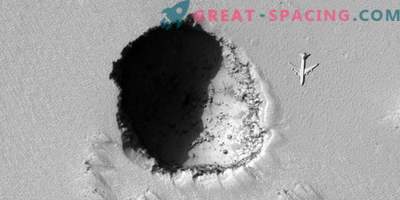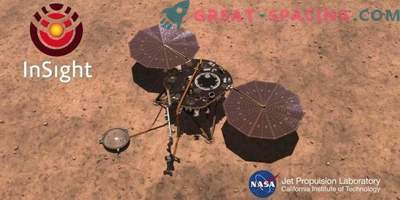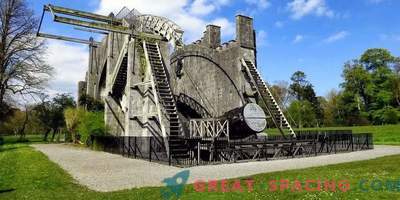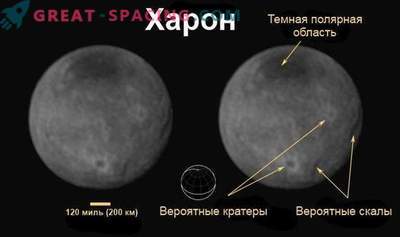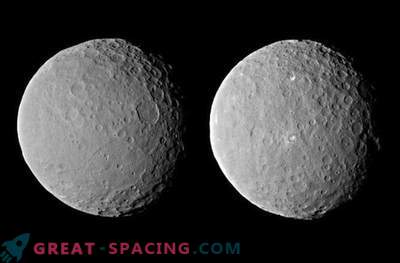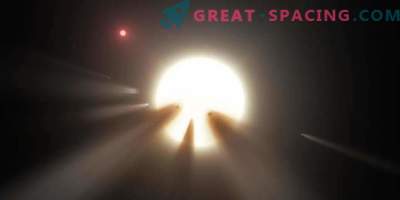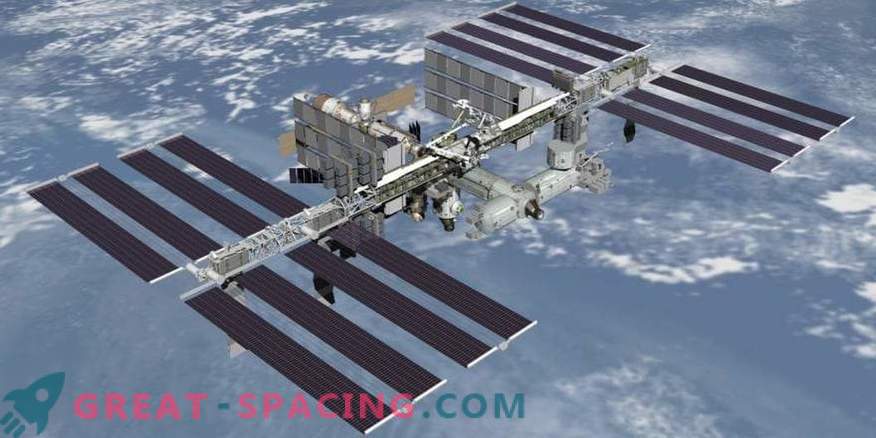
Now astronauts and cosmonauts are sent to a specific place, the International Space Station, when sent into space. It is a stable platform that provides habitat in orbit and the ability to conduct important experiments in a weightless condition. Recently, Russia voiced its plans for this object.
Orbital Laboratory
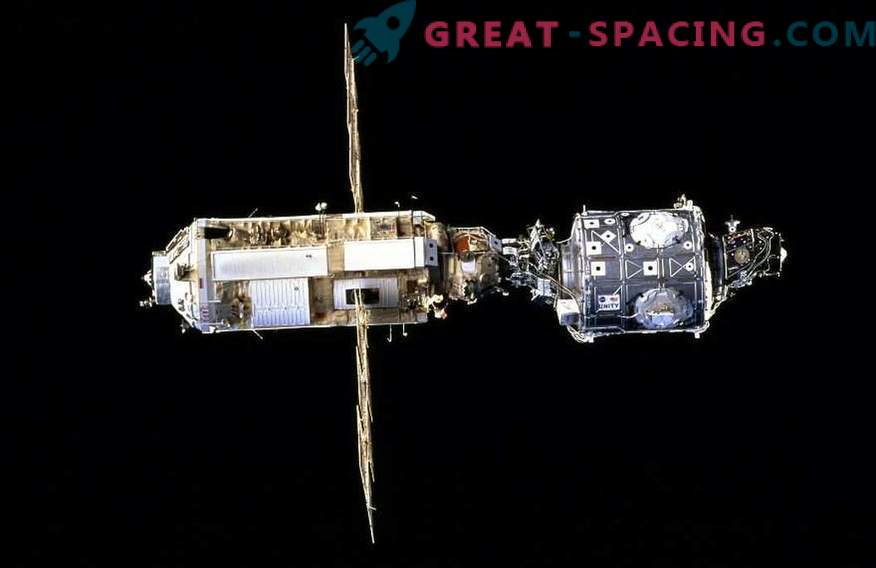
The Unity connecting module created by the USA (below) and the Dawn module (from Russia) are shown in a photo taken from the Space Shuttle Endeavor. After the main part of the mission time was allocated for various tasks to prepare two docked modules for their roles on the ISS, the STS-88 crew of 6 people reviewed all the equipment.
Officially, the ISS began to exist since 1998. It was during this period that the first module “Zarya” left the Russian side. A few months later, the American module Unity followed, after 2 years the Russian Zvezda, another year later the American Destiny, and so on.
However, it all began in 1984, when American President Ronald Reagan decided to create an orbital station, which was destined to become an international project. Space stations existed before that, but they belonged to specific countries. Initially, participants were only the United States, Canada, ESA (European Space Agency) and Japan. But soon they realized that there was not enough money, so Russia was added as a partner. It was a sensible decision, as the country got rich Soviet developments in space, as well as experience in launching stations (Salyut and Mir). The total number of Member States has grown to 14 countries, but we can see that in terms of sending units, the station can be divided into Russian and American parts. The elements were delivered in finished form into orbit, and then assembled into a single station, like parts of the designer.
Station Destiny
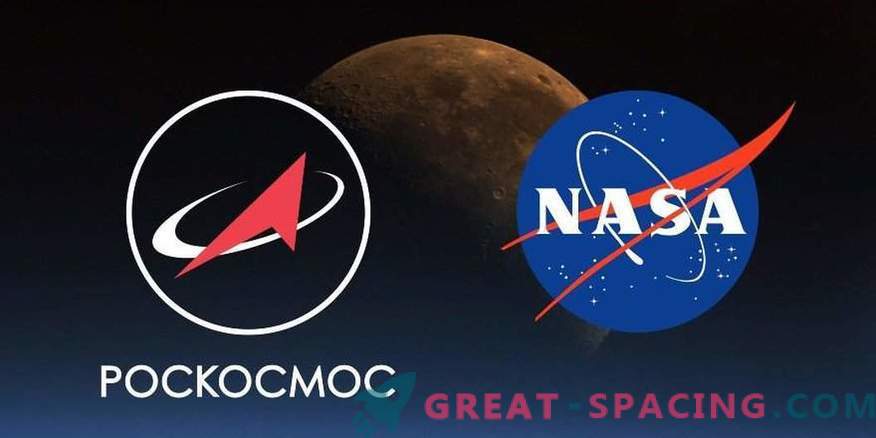
The ISS has been operating since 1998. Its instruments are constantly being updated and repairs are being carried out, as this is the only orbital laboratory. In fact, this is the only platform for experiments in space. Moreover, only here one can track the influence of solar and cosmic rays, as well as microgravity on the human body. Or test various methods of growing plants, fighting diseases and the psychological effects of prolonged isolation.
All these experiments allow us to progress in terms of colonization and human launches into deep space. But any mechanism has a lifetime. Talk about the fate of the ISS began in 2010. Then they considered that it can be safely used after 2015, as there are no technical limitations. Then, NASA announced plans to extend operation until 2020, and representatives of Roskosmos announced 2024th. Later conversations began in the opposite key. Russian representatives began to talk about stopping flights to the station after 2020. The Americans started talking about the same thing, who have to lay out large sums of money not only for flights into orbit (they pay for space on the Russian Soyuz spacecraft), but also for the maintenance of the station. Therefore, for the time being, countries agreed that the ISS will be used until the 2028-2030s.
Offer from Russia
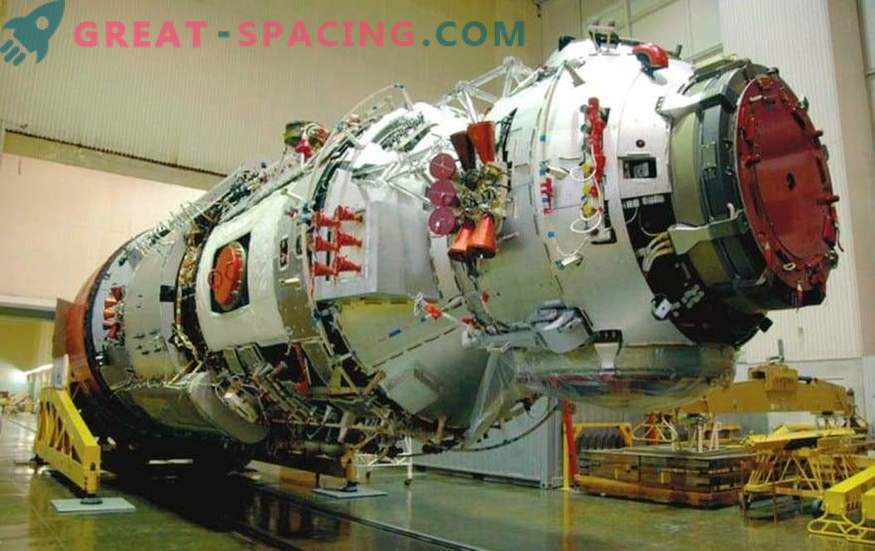
Laboratory module “Science”
Recently, developments have changed again. The proposal came from Glavkosmos (a branch of the Russian Roskosmos). Dmitry Loskutov at the last conference shared the country's plans regarding the ISS.
He said that no matter how other countries did in the future, but Russia is going to increase the number of its own modules. More specifically, it is planned that in 2020 the “Science” laboratory module will arrive (it will replace the “Pierce”, which will be disconnected and flooded in the ocean). After 2 years, the nodal module will be launched, and then the science and energy module. This is an ideal option in modern Russian realities.
But some experts present disappointing conclusions on the “Science” module. Its launch was transferred several times already due to design problems and the need for internal cleaning. Let's not forget that the work on the module began in 1995, which means that its advanced age has exceeded 20 years, so one can suspect the moment of technology obsolescence. Some believe that the module will never be able to start at all, and this is a key element in updating the Russian segment on the orbital station. Without it, the whole project will be incapable. If the situation with the “Science” module is resolved and the country fulfills the plan, then after a few years the Russian part will become completely autonomous and self-sufficient. But in Russia they do not want to be the only ones in orbit. Therefore, they propose to join their initiative to other countries that may also launch their own modules.
Postscript
It is difficult to say what fate awaits the ISS after the 2030s. There is an opinion that when expanding the Russian segment, the rest will be disconnected, flooded, and others will be installed in their place. Thereby, a complete renewal and formal creation of a new international orbital station will occur. If other countries refuse or want to build something separately, you’ll have a completely Russian station.
